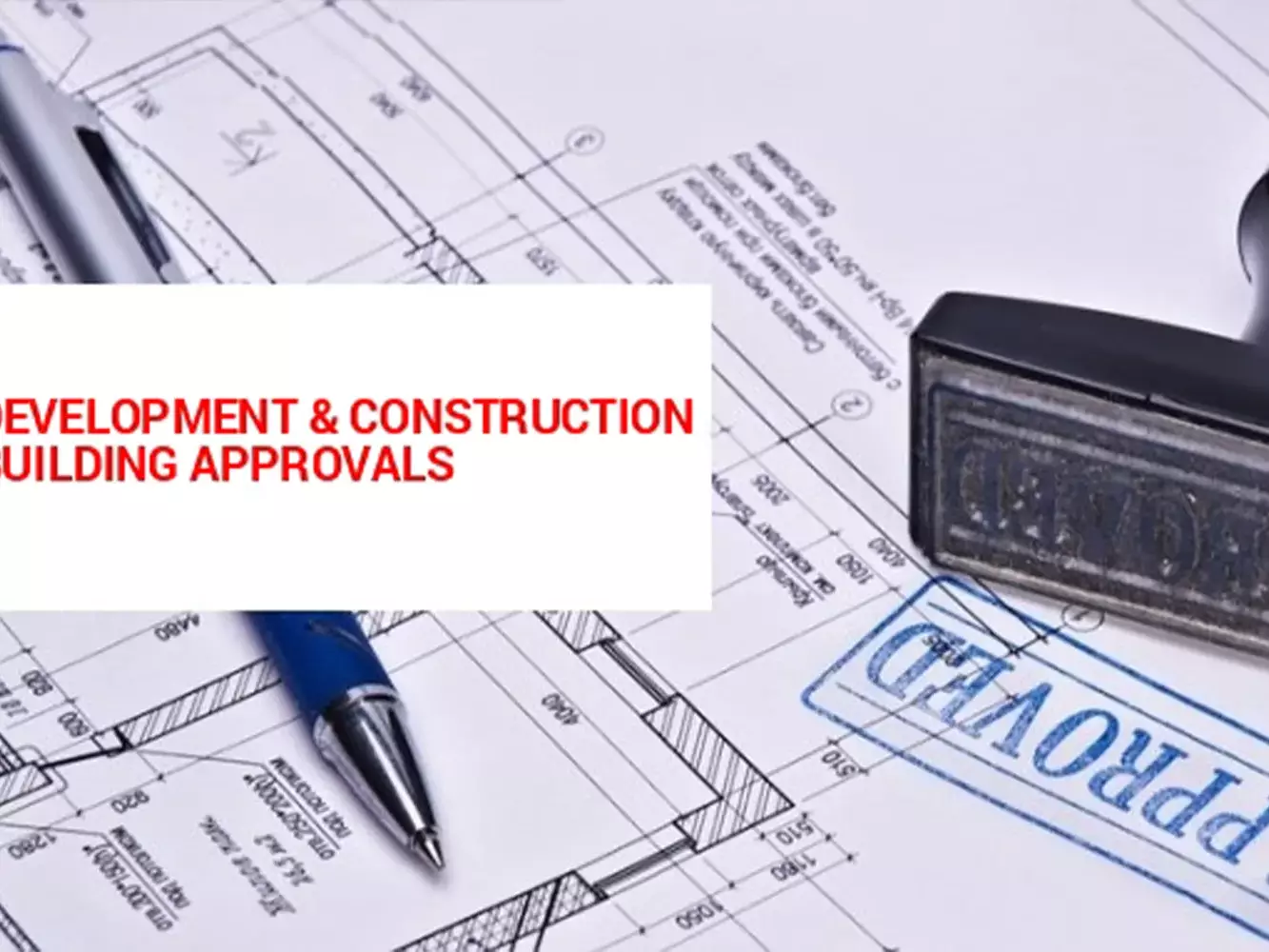Insights
Construction Project Managers in Nairobi Kenya – Our Risk Management and Mitigation Strategies for Kenya Development Projects

Buildafrique Group is a development and construction project management services company in Nairobi Kenya and project managers that provides specialized project implementation services for building, construction, infrastructure, and real estate projects. Our construction project management solutions provide end-to-end support to ensure seamless project execution, from planning and budgeting to completion, ensuring that projects are completed on time, within budget, and to the highest standards of quality.
As construction project managers, Buildafrique’s risk management and mitigation strategies are key for development projects in Nairobi. Construction project management in Nairobi has evolved significantly due to the growth of infrastructure and real estate development projects across Kenya. With this evolution comes the increasing need for effective risk management, a critical component for the success of development projects. Construction projects face a multitude of risks ranging from financial, operational, environmental, and safety issues to regulatory and geopolitical factors. This article outlines the key risk management and mitigation strategies used by Buildafrique to ensure the successful delivery of development projects in Nairobi and Kenya as a whole.
Understanding the Risks in Kenyan Construction
In Nairobi, like other parts of Kenya, the construction industry deals with several risks. Key risks include:
- Cost Overruns and Budget Constraints: A common challenge in Kenyan development projects is due to fluctuating material costs, especially for imported building materials.
- Delays in Project Timelines: Delays can stem from land acquisition disputes, poor project planning, or delays in permit issuance.
- Safety Risks: Site accidents are common due to the nature of construction work and regulatory enforcement challenges.
- Regulatory and Compliance Risks: Compliance with Nairobi City Council regulations and environmental impact assessments (EIAs) regulatory guidelines, and National Construction Authority (NCA) provisions is critical, but often complex to navigate.
- Geopolitical and Economic Risks: Political instability or economic downturns can affect funding, consumer purchasing power, and workforce availability.
Our Risk Management Approach
At Buildafrique, we adopt a comprehensive risk management strategy framework, following proven strategies to ensure that these risks are mitigated. Here are the core aspects of our risk management approach:
1. Risk Identification and Categorization
The first step in risk management is identifying potential risks early in the development project life cycle. By leveraging both past project data and detailed feasibility studies, our team can predict cost escalations, regulatory hurdles, and other risks. Risks are then categorized based on their potential impact and likelihood—whether they are financial, operational, environmental, or legal.
2. Mitigation Planning
A detailed mitigation plan is crucial for dealing with identified risks. For example, to address financial risks related to cost overruns, we ensure project cost estimates are conservative and factor in contingencies for fluctuations in material prices or supply chain disruptions. We also engage in real-time cost tracking to adjust the budget dynamically. Additionally, our project’s procurement strategy involves working with reputable contractors and negotiating long-term contracts to stabilize prices.
3. Continuous Monitoring and Communication
We implement real-time risk-tracking tools to monitor risks throughout the development project’s execution. By using modern construction management software, we keep track of evolving risks and can provide early warnings of potential issues. Regular risk assessments are conducted to ensure that our mitigation strategies are still effective. Moreover, we maintain transparent and continuous communication with all stakeholders, clients, contractors, and regulatory bodies, to align expectations and adjust plans as needed.
4. Safety and Compliance Protocols
Safety remains a key priority in all our construction projects. We supervise strict adherence to Kenya’s safety regulations by contractors and go beyond compliance by incorporating regular safety training and on-site inspections. Furthermore, we maintain a robust documentation system that tracks compliance with all necessary permits and regulatory requirements.
5. Utilizing Advanced Tools for Risk Management
Advanced digital tools allow us to streamline risk management. Tools such as real-time risk-tracking platforms provide immediate updates and data analytics, enabling us to make proactive decisions. These tools help us not only to mitigate risks but also to ensure project efficiency through enhanced coordination between team members and stakeholders. Additionally, mobile-enabled solutions for document management ensure that everyone is aligned in real time, preventing costly mistakes.
6. Regular Stakeholder Engagement
Stakeholders in construction projects include clients, government authorities, financial institutions, and local communities. In Nairobi, where development projects may intersect with community interests, we actively engage with local communities to address any concerns, reducing the risk of disputes that could delay project progress. Frequent stakeholder meetings and updates ensure that everyone is informed about risks and the steps being taken to mitigate them.
7. Adapting to Regulatory Changes
Regulatory risks are particularly challenging in Nairobi due to the dynamic nature of construction regulations and environmental policies. We stay abreast of these changes by maintaining a close relationship with regulatory bodies, ensuring that all our development projects comply with the latest requirements. This proactive approach minimizes the risk of penalties or project halts due to non-compliance.
8. Insurance and Financial Hedging
As part of our financial risk management strategy, we work with insurance firms to cover risks such as damage, theft, and unexpected construction delays. Moreover, our financial models include hedging strategies for inflation and currency fluctuations, ensuring that we protect our development projects against economic uncertainties.
Conclusion
Risk management is essential to the success of construction projects in Kenya, and at Buildafrique, we are committed to mitigating these risks through robust planning, advanced tools, and proactive stakeholder engagement. By continuously monitoring risks and adapting our strategies, we deliver development projects on time, within budget, and to the highest standards of safety and compliance.
Get Started
Would you like assistance in taking the next step? You can get started by tapping into below actions.
You can also learn more about our Construction Project Management solution by visiting our website Solutions Page through the link below.
Project ManagementRelated
Insights
Building Projects Feasibility Studies Assessment Company In Kenya
Buildafrique - Building Projects Feasibility Studies Assessment Company in Kenya and a…
Building Cost Estimation Expert Company and Quantity Surveyors In Kenya
Buildafrique are Building Cost Estimation Experts in Kenya and Quantity Surveyors…
Diaspora Customers One-Stop-Shop Real Estate Consultancy Services in Kenya
Buildafrique is a Kenya One-stop shop Real Estate services organization in Nairobi that…






